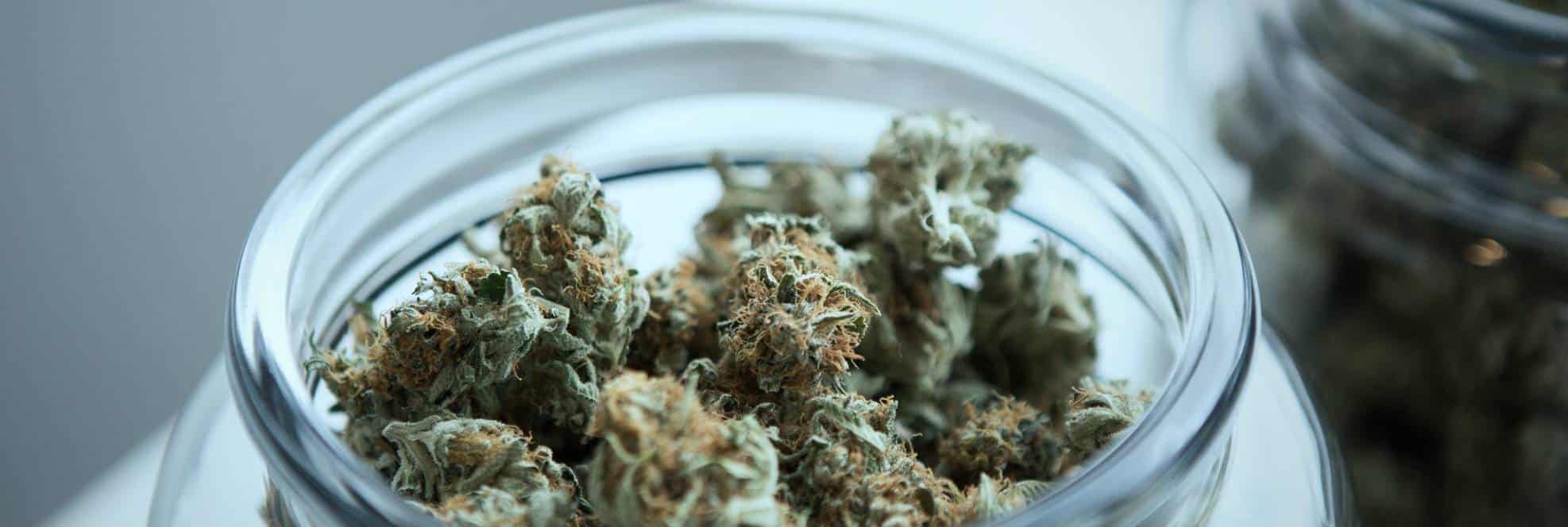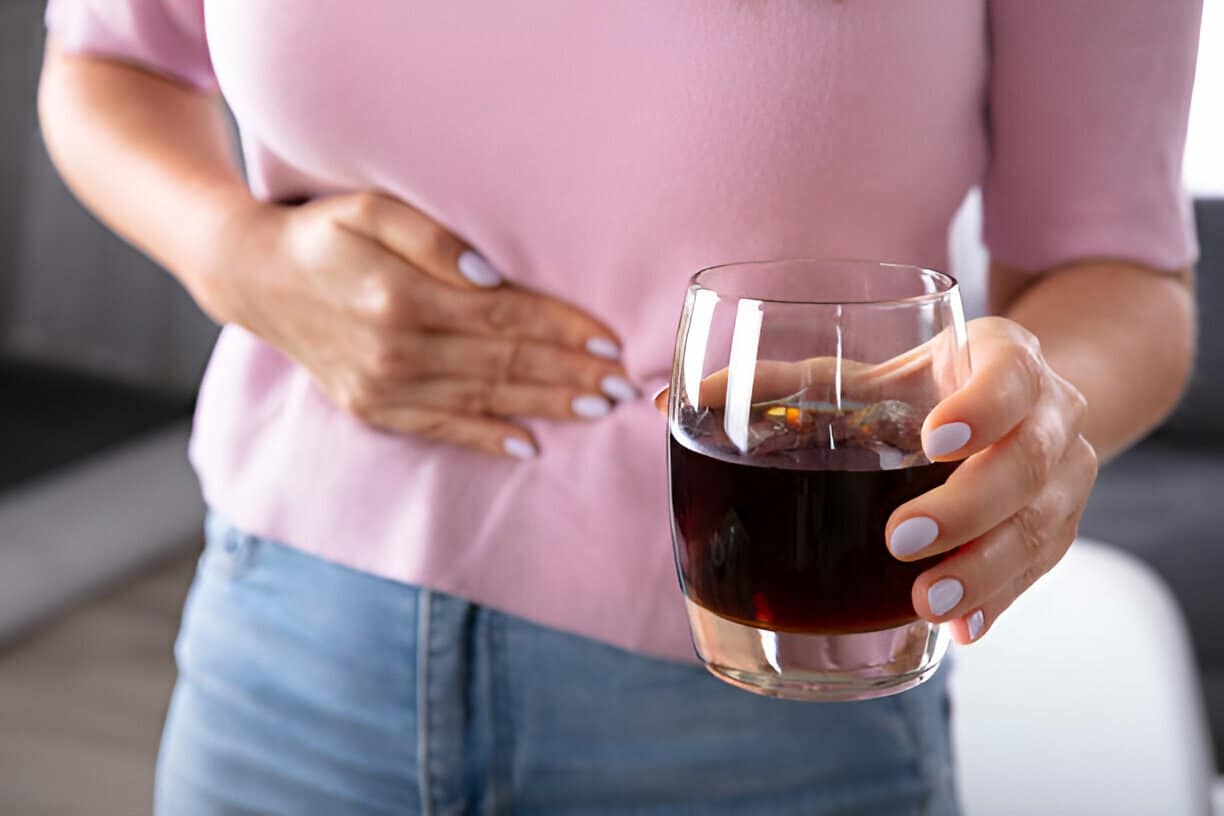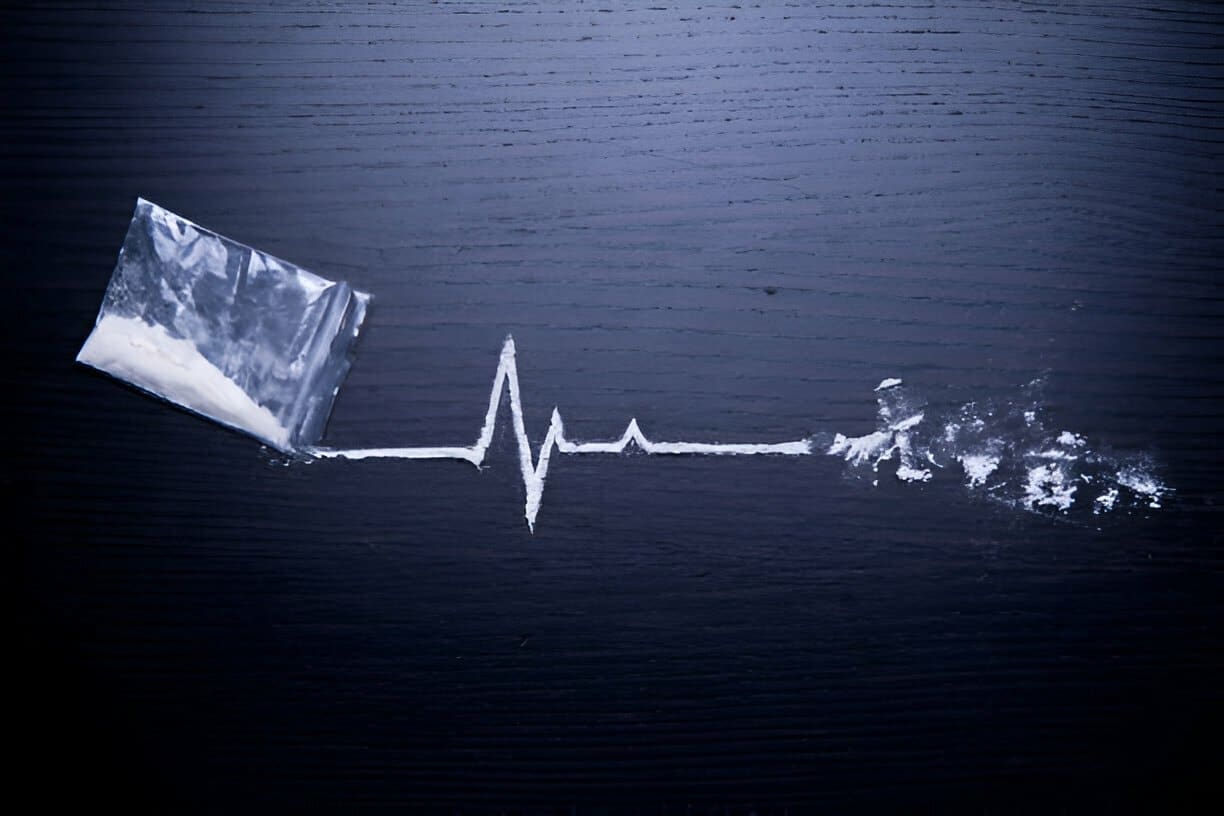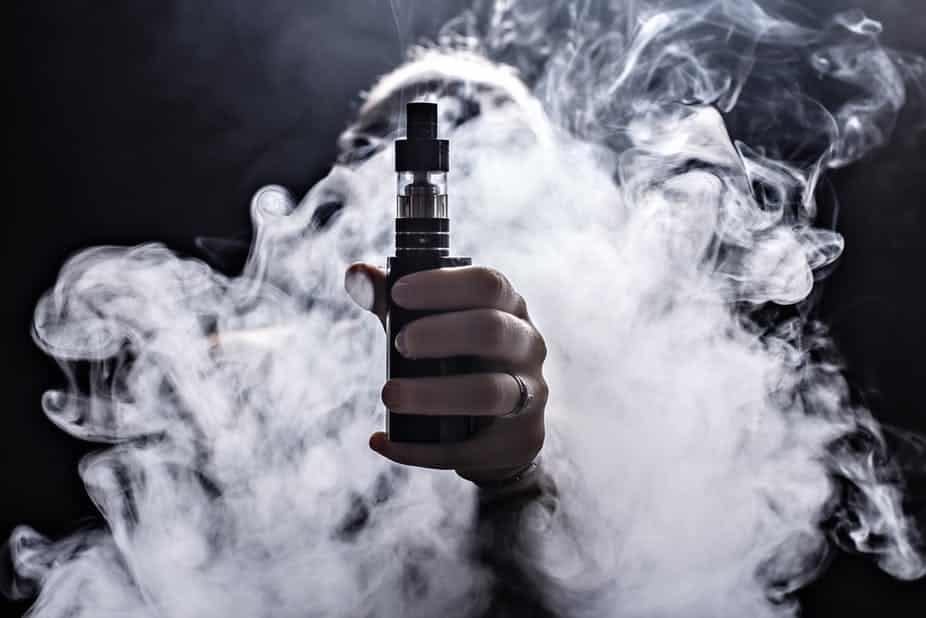The best way to treat a drug and alcohol is to seek professional help. Various treatment options are available to help ease your drug withdrawal symptoms, reduce your cravings, and teach you how to cope without abusing drugs or alcohol.

If you have a drug or alcohol addiction, quitting cold turkey may seem impossible and is often dangerous. But with help, you can overcome these obstacles and begin a new life free of addiction. The first step in getting started on the road to recovery is to attend a detoxification program.
If your loved one needs support dealing with an Alcohol Addiction, contact us today on 0800 999 1083. We can help you by recommending treatment options.
Detox is the process by which someone with drug abuse problems begins to withdraw from the substance. During detox, your body will be provided with nutrients and fluids while removing toxins.
People who are addicted to alcohol or drugs become accustomed to having these substances in their bodies. When these substances are gradually lowered and removed during detox, the brain must adjust to the abrupt decrease of these chemicals. People usually endure a set of unpleasant withdrawal symptoms as a result of this.
When someone goes through withdrawal, they will often feel sick, tired, irritable, and even depressed. This is because their bodies are trying to rid themselves of all the chemicals in their system.
The purpose of a medical assisted detox approach is to reduce withdrawal symptoms while also making the experience as safe and comfortable as possible. Detoxification that is medically aided and supervised by skilled specialists is the most successful. This is normally done at a specialised detox centre or facility under the supervision of doctors, nurses, and other medical personnel. Attempting to detox on your own is rarely successful, and numerous failed attempts are likely to result in unpleasant withdrawal symptoms and relapse.
The main goal of detox is to ensure that a person is physically stable and ready to start other forms of rehab and therapy.
When you cease using substances that are toxic to your body, your body will begin to detoxify on its own. It achieves this with any substance, from drugs to alcohol, by removing any trace of the toxic materials from your body through multiple filtration systems including those in the liver. When it comes to alcohol, the liver accomplishes this by metabolising all of the ethanol in your body. This procedure takes time, maybe a few weeks, and results in withdrawal symptoms.
Detox can be done in one of two ways. The term “cold turkey” refers to quitting all drugs and alcohol at once. Alternatively, you might gradually reduce the amount of substance you consume over time.
Depending on which you choose, your withdrawal symptoms will vary in intensity. If you go cold turkey, for instance, then your withdrawal symptoms will hit very abruptly and with much stronger intensity.
Detoxification is required if you are addicted to any substance and want to recover. It is the first and most important step in removing the addictive substance from your system so that you may begin therapy. The same can be said for behavioural addictions, such as gambling addiction. Detox treatment would have to include abstinence from the addictive behaviour.
Detox can be more difficult for some people depending on the drugs they’ve been taking. Withdrawal symptoms can be physical or psychological, depending on the substance.
Cocaine withdrawal, for example, is a psychological process. Managing initial cravings and anxiety is part of the detox process.
On the other hand, alcohol withdrawal symptoms can induce seizures or coma in some extreme cases.
To alleviate withdrawal symptoms, detox frequently involves medications that mimic the effects of narcotics. Medications can also be used to treat co-occurring disorders or general pain.
Alcohol and benzodiazepines are two of the most dangerous drugs to detox from, and they commonly require medication. Opioids, particularly Heroin, are among the drugs that are regarded as the most difficult to detox from.
Understanding how drug addiction affects your body might help you comprehend why detoxing is such a crucial part of your recovery.
Your body is structured in such a way that it relies on a precise chemical balance to function effectively. When you abuse a substance, this chemical balance is disrupted, leading your body to work in a significantly less efficient manner than it should. Detoxing your body helps it return to a healthy, normal state, which will make you feel much better.
Your brain helps to regulate your body’s hormone production, but when you abuse a substance, your brain’s ability to do so is disrupted, resulting in sub-optimal hormone production. This can have a variety of consequences on your quality of life. A detox helps your brain to revert to its natural level of hormone production, providing your body with the proper amount of hormones to keep you feeling healthy on a daily basis.
Many, if not all, addictive substances interact with your brain’s reward circuits, leading them to adapt incorrectly, send erroneous signals, and cause you to experience cravings. Detoxing provides your brain the time it needs to heal and for you to start feeling rewarded for the things you truly want to do in life.
Whether you choose to manage your addiction on your own, with the help of a therapist, or at a rehabilitation centre, going through a detox puts you in a far better position to succeed and live a life free of addiction.
When someone is addicted to alcohol or drugs, they will almost always need to go through a detoxification (detox) treatment as the first step towards recovery.
When someone stops taking substances such as alcohol, drugs, or tobacco, the body starts producing more enzymes to break down the addictive substances. These enzymes work together to remove the toxic substances from the body. During this process, people also lose weight, muscle mass, and water.
Detox is built on the principle that someone who is physically ill would have a hard time dealing with any underlying mental health issues. As a result, the goal of detox is to first address the physical aspects of addiction, preparing patients to address the psychological aspects of their addiction as part of an intense addiction rehab programme.
The first stage in a medically assisted treatment is for patients to undergo a complete medical evaluation so that an accurate picture of their individual needs can be created. During this evaluation, an expert will gather information about a patient’s medical history as well as data about their addiction, which will be used to create a customised detox plan.
Withdrawal occurs when you quit or reduce the amount of a substance you are addicted to, leading your body to react in a variety of ways.
This is due to the fact that many addictive substances interact with the brain and body in ways that develop neurological and physiological dependence, indicating that functioning with the drug in your system has become your new ‘normal.’ You may also have a psychological dependence on the substance because you believe it helps you relax, unwind, or even feel happy.
As a result, withdrawal is a complex and difficult process in an addict’s life that can result in a great deal of suffering. It does, however, play an important role in your recovery from addiction.
It’s crucial to remember that everyone goes through detox differently, and every single detox is completely different, regardless of whether someone has gone through detox before.
Patients will typically suffer withdrawal symptoms as the amount of alcohol/drugs in their system is steadily reduced. The type of withdrawal symptoms a person experiences, as well as how severe they are, is determined by how long they’ve been addicted to alcohol or drugs, the substance they’ve been hooked on, how much they’ve been consuming, and their overall mental and physical health.
This is because substances such as drugs and alcohol suppress the natural production of certain neurotransmitters and that contributes to the deterioration of your mental functions. When there are fewer of these drugs in your blood, the inhibition stops, and your mind and body responds by releasing a flood of chemicals (such as adrenaline) that induce a variety of unpleasant withdrawal symptoms.
Each substance withdrawal is unique, with some causing difficult physical symptoms (opiates, alcohol) and others causing mostly mental issues (cocaine, ecstasy). On top of that, your physiological makeup and how it interacts with the substance play a role. Some people, for example, may experience more intense and difficult symptoms earlier than others. What remains constant is that withdrawal is always a tough time in the life of an addict.
Withdrawal can result in a wide range of physical and psychological symptoms.
Physical withdrawal symptoms may include:
Psychological withdrawal symptoms may include:
The most severe withdrawal symptoms include:
Withdrawal symptoms from opiates, sedatives, and alcohol can be life-threatening, and they might make you feel like you’re sick or experiencing a panic attack. Many of them are physical symptoms, such as nausea, sweating, and delirium tremens, but others, such as depression and anxiety, can also be psychological.
Stimulant withdrawal is characterised by apathy, low mood, and depression. It has the polar opposite effects of what stimulants like cocaine usually have. It is unlikely to be life-threatening, but it does present considerable psychological and physiological difficulties, leaving you feeling as if you can’t do anything, which is highly demoralising.
When you decide to stop abusing a substance, you may begin to experience withdrawal symptoms two hours after your last dosage or up to one day later. These symptoms can persist anywhere from two to seven days. During this time, your body will be detoxing, and you will experience withdrawal symptoms.
When it comes to opiates, this period is excruciatingly painful, with symptoms peaking around day three. Depression, anxiety, and vomiting are just a few of the symptoms you could experience. When it comes to alcohol, you may have stomach problems, perspiration, and insomnia. This period is where you may, understandably, consider relapsing due to the terrible discomfort caused by a wide variety of substances.
The second stage begins about a week following your last dose when major and painful symptoms begin to fade. Symptoms, such as nausea may occur, but they should be far less severe. However, cravings are likely to persist, so the challenge is far from over.
You are far less likely to experience physical symptoms after this stage of withdrawal, but you may experience psychological withdrawal symptoms related to your substance of addiction for up to three months and beyond. Substances such as alcohol and opiates might occasionally cause long-term or recurring symptoms (such as post-acute withdrawal), but this is uncommon. The body will be largely detoxified after a week or two of abstaining from substances and undergoing withdrawal.
Withdrawal times, symptoms, and dangers vary depending on the substance. Treatment must be personalised to the individual in order to treat withdrawal from the drug or drugs on which they have become dependent.
One of the primary goals of medical detox is to facilitate continued, longer-term treatment initiatives after the withdrawal period have been successfully managed. Detox is not a substitute for additional rehabilitation efforts, despite how necessary it is in many cases. Depending on the needs of the individual, comprehensive recovery can be provided in either a residential/inpatient or an outpatient setting. No matter what the setting, formal substance abuse treatment commonly begins with a period of detox, followed by adequate behavioural therapeutic interventions and continued medical care.
According to research, supportive and compassionate care is just as crucial as medication in facilitating successful detox and the best potential outcomes for patients. As a result, each patient undergoing detox will be closely monitored for the length of the treatment, 24 hours a day.

Addiction therapy requires a multifaceted approach that includes detox and recovery. The use of medication is, however, can be included in both detox and rehab programmes when necessary.
Addiction treatment differs from person to person and is dependent on the type of substance abused, the severity of the addiction, and other factors such as mental and physical health. A combination of medication and behavioural therapies may be the most effective treatment option for some people.
A medically assisted detox may be required as the first step. Medication is often used at this stage to lessen the effects of withdrawal, but it can also assist in lowering cravings, making the detox more effective and simpler to maintain.
Following the conclusion of detox, a rehabilitation programme can begin, which may also include the use of medication. Certain drugs can help the patient to avoid relapsing by preventing a return to drug dependence at this point.
Methadone is a drug that is widely used to treat heroin detox and other opiate drugs. Methadone is a synthetic opioid that binds to the same brain receptors as heroin and opiate drugs, making it useful for reducing cravings. Methadone does not produce the same feelings of euphoria as other opiate drugs, helping with opioid withdrawal symptoms. However, it does have the same potential for abuse and addiction.
Because of its lesser potential for abuse and addiction, buprenorphine is viewed as a preferable alternative to methadone in the treatment of opiate addiction. Additionally, unlike methadone, which must be provided by a medical practitioner, buprenorphine can be prescribed and supplied for self-administration.
Both opiate and alcohol withdrawal can be treated with naltrexone. Naltrexone is useful in the treatment of opioid addiction because it prevents opioid drugs from activating on the brain. It prevents you from receiving the same high you used to experience from the drug, but it doesn’t help you stop seeking it.
For the treatment of opiate addiction, lofexidine is frequently used in conjunction with a detox programme. It can aid with withdrawal symptoms and can be combined with methadone or naltrexone to speed up the detoxification process.
Mirtazapine is an antidepressant medicine that can be prescribed to deal with anxiety symptoms during drug detox. It has been found to be effective in assisting addicts in staying away from substances like methamphetamine, cocaine, opiates, and alcohol.
Clonidine is commonly used to treat ADHD (attention deficit hyperactivity disorder), despite its origins as a blood pressure drug. Despite the fact that clonidine was not designed to treat opioid addiction, it has proven to be an effective treatment for withdrawal symptoms such as anxiety, cramps, muscle pains, and agitation, which can be withdrawal symptoms from drug detox.
Clonazepam belongs to the benzodiazepine family of medications, and it’s used to treat symptoms such as panic disorder and seizures. It may be used to alleviate withdrawal symptoms associated with drug addiction, such as anxiety and muscle aches, due to its sedative properties. Nonetheless, because benzodiazepines have such a high potential for abuse, Clonazepam must be used with caution while treating addiction.
Chlordiazepoxide belongs to the same drug class as benzodiazepines. Its sedative properties make it helpful in treating anxiety and insomnia associated with alcohol and drug withdrawal. Because it is a highly addictive substance, it should be used with caution and only for a limited time.
Bupropion is an antidepressant medicine that is commonly used to help people quit smoking. It has been tried and failed to treat cocaine withdrawal, but there is some indication that it might be effective in the treatment of methamphetamine addiction.
Disulfiram (brand names Antabuse and Dalmane) is an oral medication that causes unpleasant reactions when combined with alcohol. This reaction occurs because disulfiram inhibits the enzyme acetaldehyde dehydrogenase, which converts acetaldehyde into acetic acid. Acetaldehyde is produced naturally in the liver and is responsible for many of the physical and psychological effects of drinking. Disulfiram is used primarily to discourage heavy drinkers from consuming alcohol. If someone takes disulfiram while drinking, they experience unpleasant sensations such as flushing, tingling, palpitations, shortness of breath, chest tightness, and light-headedness. These reactions typically occur within 30 minutes of taking disulfiram and will discourage the patient from drinking again. They gradually diminish over the next few hours. Although disulfiram is generally safe, it should not be used by pregnant women or people who are allergic to sulfa medications.
People who suffer from alcoholism tend to experience seizures more frequently than others. Some anticonvulsant medications may reduce the frequency of seizures experienced by people with alcohol or drug addiction. Clonazepam (Klonopin), carbamazepine (Tegretol), gabapentin (Neurontin), lamotrigine (Lamictal), oxcarbazepine (Trileptal), phenytoin (Dilantin), valproic acid (Depakote), and topiramate (Topamax) are examples of anticonvulsant medications that may help control these alcohol withdrawal symptoms.
Benzodiazepines (such as lorazepam , clonazepam , alprazolam , chlordiazepoxide , and triazolam ) are sedative/hypnotics that bind to benzodiazepine receptors in the brain. Their use has been associated with reduced rates of alcohol dependence and improved outcomes in detoxification programs. Benzodiazepines are also commonly prescribed to treat anxiety disorders and insomnia. Because they are addictive, benzodiazepines should only be taken on a short-term basis. Long-term use may lead to tolerance, dependence, and withdrawal symptoms from the medication. Because of the risks connected with benzodiazepine consumption, its use during drug or alcohol withdrawal treatment must be closely supervised by trained medical personnel.
Their use has been linked to lower rates of alcohol and drug addiction and better results in detoxification programmes. Anxiety disorders and insomnia are routinely treated with benzodiazepines. However, long-term use of the medicine can develop tolerance, dependency, and withdrawal symptoms. Because of the hazards associated with benzodiazepine consumption, it must be appropriately monitored by trained medical experts during drug withdrawal treatment.
Other drugs may be used in the treatment of drug addiction and withdrawal, in addition to those listed above, to address specific symptoms. Antidepressants, for example, can be used to treat sadness caused by withdrawal, while various anxiolytics can be used to treat anxiety and panic attacks. This drug will be administered on a case-by-case basis by the doctors in charge of each patient. Patients undergoing detoxification and withdrawal should not take any substances without their doctor’s knowledge and approval, as drug interactions might be dangerous.
The following medications may also be useful in treating drug withdrawal syndrome:
Because some of the withdrawal symptoms experienced during detox can be life-threatening and distressing, medically supervised detox is vital. It helps to be under the supervision of someone who can not only take basic care of you but also is familiar with the detoxification process and how to help.
You will also have intense cravings. Medical assistance will help in getting you through this difficult time and reducing your suffering.
Delirium tremens and dehydration are two of the most serious side effects of the detoxification process. Delirium tremens can lead to life-threatening complications such as respiratory failure. Dehydration, on the other hand, can lead to seizures, which can be fatal. These threats can cause a lot of anguish, and even if they aren’t fatal in your case, having someone to check your vitals, take care of your needs, and relieve your discomfort can go a long way toward making your detoxification a success.
If you’re thinking about going through a detox, it’s vital to know that there are a range of treatment alternatives available. You can go through the detox treatment at home, at inpatient rehab, an outpatient centre, and you can receive medically assisted care. Alongside this, there are certain medication treatments that work well with certain substances. Effective medication treatment as a therapeutic technique helps with detoxification from opioid addiction. Medications like buprenorphine, an opioid agonist, can help you manage symptoms like cravings, anxiety, and distress.
Similarly, individuals who are addicted to alcohol can benefit from the usage of naltrexone because it helps to prevent binge drinking. Going through treatment in an inpatient centre may provide this.
A home detox, on the other hand, maybe appropriate for people who have a low level of addiction or who believe they are on the verge of becoming addicted. This type of detox, on the other hand, requires you to go through the detoxification process totally on your own and without supervision, which has its own set of risks.
Although a home detox can be beneficial if done correctly, it is typically recommended that a supervised detox be performed because detoxing can be dangerous. Withdrawal symptoms can be exceedingly difficult, causing you to suffer greatly over several days in ways that make it difficult to live a regular life. Some withdrawal symptoms are so severe that they make it difficult to care for yourself in basic ways like cooking and drinking sufficient water. This is something to think about before deciding to detox at home.
Choosing the correct detox and withdrawal centre might make all the difference in whether or not your detox is successful. Understanding the distinctions between residential and outpatient services, how inpatient detoxification works, the need for anonymity, and if you should attend a clinic close to home can all help you make the best decision and get closer to the addiction recovery you desire.
Different forms of detoxification are available at residential centres when compared to outpatient programs. Both have advantages, and which one is best for you will be determined by your personal circumstances and level of addiction.
Inpatient detoxification is provided by residential treatment centres. This is a live-in detoxification programme supervised by expert professionals who are experienced in assisting people throughout the withdrawal process. Because you will be living in the centre, you will be constantly monitored and cared for, as well as perhaps receiving crucial medications that will assist to smooth the process of detoxification and reducing your pain. This can aid with withdrawal from particularly difficult drugs like PCP.
Outpatient supervised detox is done at a treatment centre but not in a live-in capacity. You will live at home but will be treated and monitored when you visit the centre on a daily basis. Sessions may last up to 2 hours, during which time you will get a physical examination and begin your treatment. These check-ups assist you in minimising the challenges of your detox and in managing your addiction at home. If you have a manageable level of addiction, then this can be an option that allows you to balance your home life with your recovery.
Finding the right treatment centre can be challenging, and determining whether to seek treatment close to home or in a distant area is dependent on a few factors.
The most crucial of these is determining what type of treatment you require and which centre is most prepared to deliver it. If your nearest treatment centre does not provide the kind of care you require, you may need to travel away from home, potentially even abroad.
Affordability is another factor to consider. It’s possible that the treatment centre closest to you is out of your price range. You should also think about how crucial local knowledge is to your detox. If you live in a neighbourhood where substances of abuse are readily available, for example, dealing with people who understand the problem can be really beneficial.
Make sure you ask the correct questions before going to any treatment centre so you know how they handle withdrawal and detoxification. Consider the following scenario:
Do they have any experience with the substance that you’re addicted to?
What is the process for detoxing in their inpatient facility?
What is their outpatient detoxification procedure?
Is a medically supervised detox available?
How much does detoxing at the treatment facility cost?
The detoxification procedure usually lasts between 7 and 10 days. This, however, varies from person to person and is dependent on a number of factors, including:
Patients will be ready to enter an alcohol or drug rehab programme after detox, where they will participate in psychological therapy and continue on their road to recovery.
You might be wondering what happens next once you’ve completed your detox. Although many withdrawal symptoms may fade after the first 1-2 weeks, some psychological symptoms may linger and require treatment. Because the risk of relapse will remain in your life, most of this care will be centred on assisting you in preventing it.
Detoxifying your system of drugs is a fantastic first step, but it must be followed up with counselling. Many factors contribute to a life of addiction, and working with a therapist can help you take control of these and begin taking steps toward the life you want. This allows you to develop a deeper knowledge of your addiction and learn what triggers you to relapse so that you can stay sober in the future. You may also be offered medication-assisted treatment to assist you in managing your addiction and cravings.
You can also join peer support groups to meet like-minded people who are struggling with similar addictions. You will be encouraged to share, help others, and receive support in these communities. All of these techniques can be quite beneficial in making you feel connected, reminding you that you are not alone, and assisting you in maintaining your sobriety.
There are usually after-care programmes available once you have completed detox and rehabilitation. These are normally less regular versions of the same forms of care (therapy, peer support groups) that you get after detox, but they nevertheless help you stay focused on your goal of sobriety and liberation from the addiction.
Don’t go through the process of recovery alone. Treatment providers can answer your questions. Get in touch with one today.
Call 0800 999 1083 today!
A counsellor can assist you in managing some of the more difficult psychological symptoms such as depression, anxiety, and even suicidal thoughts during withdrawal and detox. This may alleviate some of your pain at this difficult time.
Counselling is usually done after you’ve completed your detoxification period. This is due to the fact that therapy is considerably more difficult when you have an addictive substance in your system. Counsellors can work with you in a variety of ways once the detoxification stage is done to help you manage your addiction and regain control. They do it by collaborating with you and employing a number of therapeutic strategies, including cognitive behavioural therapy.
It is vital to your health and well-being to remain clean and sober. Returning to drug or alcohol abuse after detox and therapy can be upsetting and discouraging.

Staying away from the source of your substance of abuse will aid in your recovery. You may have friends or places where you go that provide easy access or even encouragement to use drugs. Avoiding or managing your interactions with these people and places will assist you in remaining sober. You may also have trigger emotions that drive you to seek out the substance to which you were addicted. Talking with a therapist to work through your feelings and behaviours will help you with this.
Staying clean and sober is ultimately about learning to live in a new way that honours who you are while also accounting for the essential changes and discipline that will help you stay clean and free of the suffering of addiction.
If you are struggling with an addiction that is causing suffering in your life, then take the first step towards recovery and get help today. Call us on 0800 999 1083 for confidential help and to discuss treatment options.

BACP accredited psychotherapist with 16 years experience working in mental health specialising in psychodynamic person-centred therapies treating those with a range of mental health disorders including anxiety, depression, OCD and Addiction.

Fill in your details and we’ll send you a message via SMS.

No matter where you live, there are drug and alcohol rehab options for you to discover. Treatment providers are waiting to answer your questions. Get started today.

Ever felt that gnawing ache or burning sensation in your gut after a night of drinks? You’re not alone. Stomach pain after drinking is a common complaint, and there are a few reasons why it might happen. Let’s delve into the science behind the discomfort and explore ways to soothe your stomach. The Irritating Truth: … Continued

Cocaine, a stimulant known for its short-lived burst of energy and euphoria, hides a dark side. Behind the initial high lies a dangerous potential for overdose, with severe health consequences and even death. This article delves into the world of cocaine overdose, equipping you with the knowledge to recognize the signs, understand the dangers, and … Continued

Adult smoking habits in the UK refer to how often and in what ways people aged 18 and above use tobacco. This includes everything from smoking cigarettes every day to occasionally lighting up, as well as using other tobacco products. Understanding these habits is important for several reasons: Public Health: Smoking causes many diseases that … Continued

Addiction in the UK is a complex issue that is connected to various aspects of society such as healthcare and law enforcement. It affects people from all backgrounds and has negative impacts on families, communities, and the entire nation. Understanding addiction involves not only looking at the uncontrollable use of substances and repetitive behaviors but … Continued

Don’t go through the process of recovery alone. Treatment providers can answer your questions. Get in touch with one today.
Call 0800 999 1083 today!








